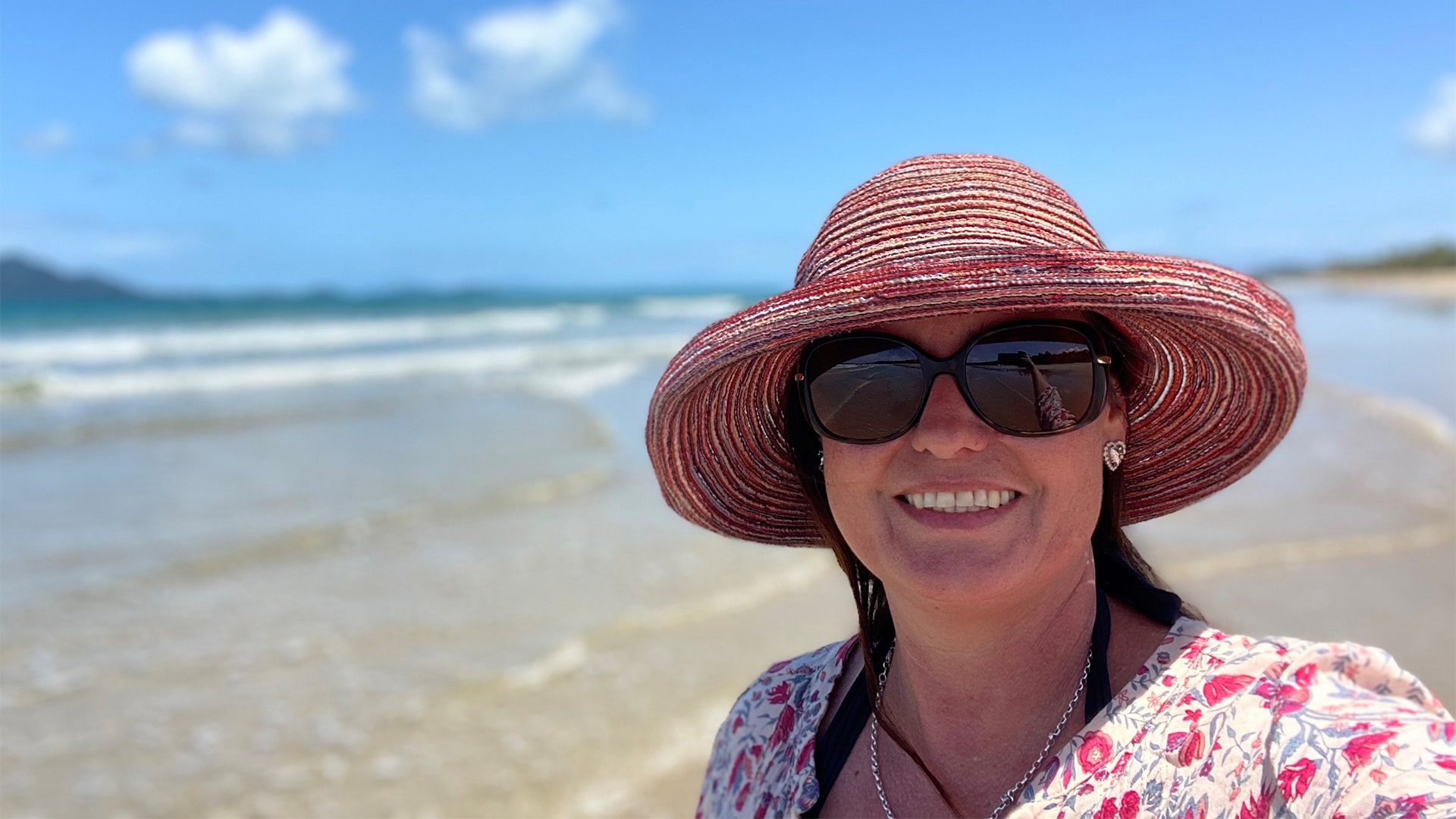
One of the great benefits of having worked in many diverse workplaces during a long and at times convoluted career, is the ability to look back on what works and doesn’t work for me personally and workplaces generally.
As a “knowledge” worker I’ve written for various publications in multidisciplinary teams, for private, public, and not-for-profit sectors, and I’ve experienced a wide variety of managerial styles.
I’ve seen work trends come and go, from noisy open-plan daily newsrooms with shared computers to individual siloed offices, four-person pod-style workstations, and, more recently, the move to hot desking, standing desks, and work from home arrangements.
But it is in my current role as a Communications Advisor with Mercy Community where I’ve found an organisation and management willing to tick all the boxes expected of a modern post-pandemic workplace.
For example, I have the benefit of flexible working hours in a hybrid work arrangement and a supportive closeknit and agile marketing team.
Our small team of marketing and communication professionals meet daily over Microsoft Teams to discuss planned work and we also schedule in regular face-to-face office catchups for collaboration. While we no longer have designated personal desks, we do have flexible office spaces and meeting rooms with a combination of standing and tradition desk layouts.
While these arrangements reflect a modern flexible office space, it is Mercy Community’s strong commitment to promoting employee wellbeing, as a key pillar of HR policy, that has me not-so-secretly counting my lucky stars.
It’s true our lifestyles have become increasingly sedentary – especially for knowledge workers who can sit for hours on end hunched over and chained to their laptops. We know a sedentary lifestyle is linked with a variety of negative health outcomes like cardiovascular disease, the risk of developing type 2 diabetes, obesity, high blood pressure and other conditions like depression and anxiety.
But within a few weeks of starting at Mercy Community, we launched the Let’s Get Moving wellness strategy where on each Tuesday and Thursday, from midday, employees are encouraged to either meet at the office or take an exercise break for 20-30 minutes – wherever they might be.
This scheduled time promotes movement but also encourages conversations, builds connections and relationships with other departments, and “permits” a desk-bound worker to go outside and enjoy the sunshine and blue skies.
It was a truly novel experience for me to have a workplace encouraging employees to pencil in exercise time – time away from the computer.
In my initial meeting with my immediate managers, I was presented with an opportunity but also a challenge – that the organisation and management were there to help me work the way that best suited my life.
Those words have been life changing.
I have worked remotely from my home office pre-pandemic and am well-aware of the potential negatives of feeling isolated and lonely, especially for those who need the mental stimulation of co-workers to bounce ideas around.
But the benefits have greatly outweighed any potential negatives and include:
- Greatly reduce commuting time.
- Improved work-life balance.
- Increased autonomy.
- Reduced sick days.
- Improved mental health.
Typical of today’s increasing numbers of “sandwich generation” women, I find myself on any given day juggling a teenager and school, providing life advice to my adult children when called upon and supporting ageing parents while devoting myself to full-time employment.
Just like that previous sentence, I’m of the demographic of women that, according to the Australian Bureau of Statistics, are the group more likely to report feeling rushed (55%).
For many in a similar position, it’s beyond time to stop, recalibrate and simply BREATHE!
Considering the average modern office worker spends approximately 13 years of their life at work, flexible schedules, and a hybrid work arrangement, coupled with an organisation which elevates physical and mental health through wellness at work, means I can better manage my responsibilities and achieve a healthier work-life balance.
So, thank you Mercy Community for creating this space and this opportunity at this time in my working life.
To you reading this blog post, I hope you enjoy World Health Day and the Easter break, and where possible, make the necessary changes to enhance your wellbeing at work, at home and in your relationships.
And please remember to breathe…
PS: If you’ve read this far, you probably should check out Mercy Community’s current vacancies which can be access via the link.



